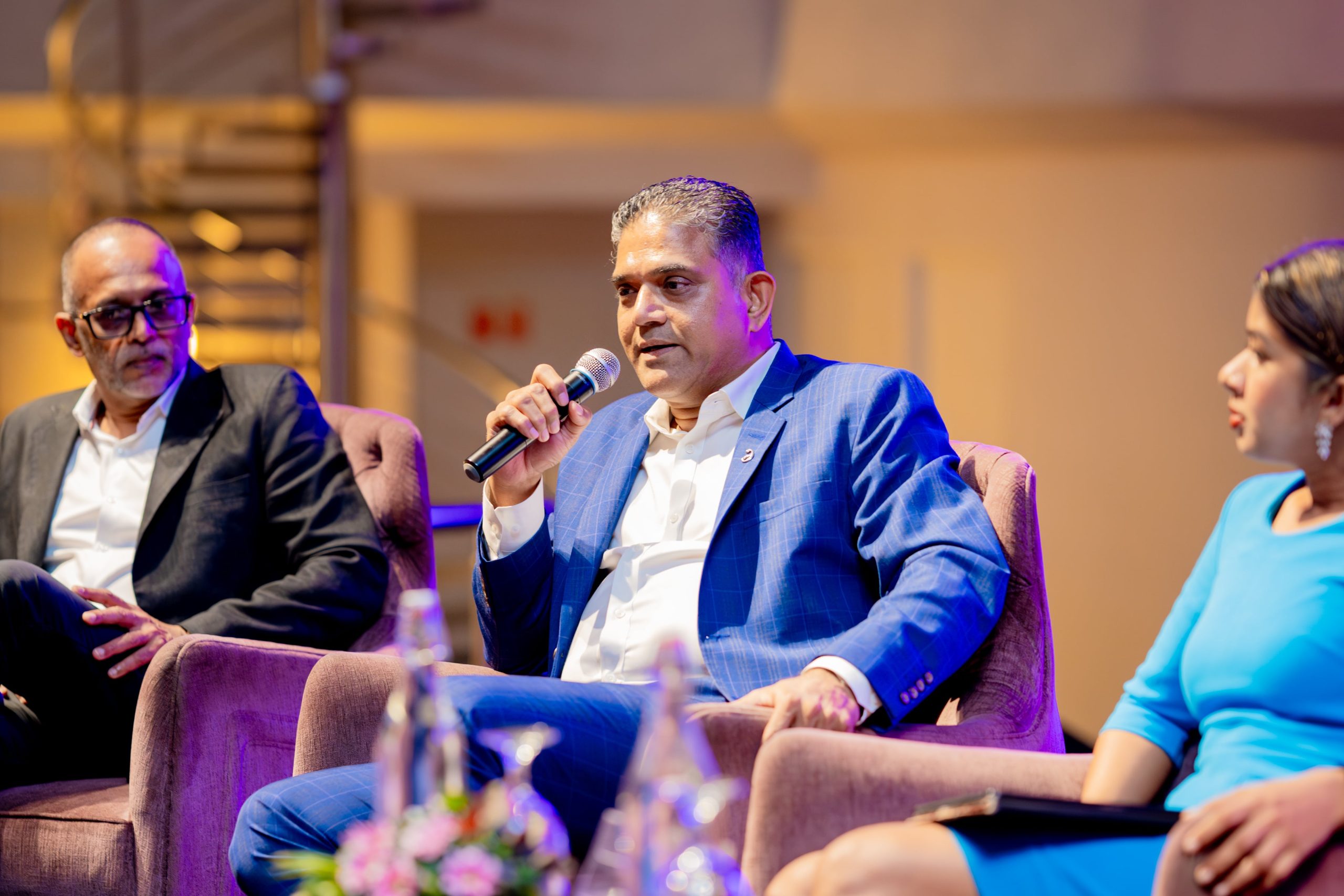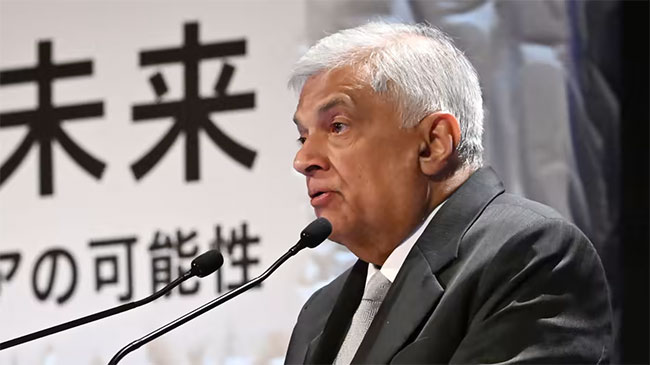Addressing the Nikkei Forum on the Future of Asia in Tokyo, a short while ago, President Ranil Wickremesinghe highlighted Asia’s significance as the world’s largest economy, home to 60% of the global population, and a major contributor to global growth.
He emphasized the region’s potential for continued growth, supported by China’s recovery, India’s domestic demand, and the contributions of advanced economies like Japan and South Korea.
President Wickremesinghe also highlighted three major challenges facing Asia in his address at the Nikkei Forum in Tokyo, the President’s Media Division reported.
He said democratic values and human rights, climate change, and trade integration are key challenges and emphasized the importance of respecting the diverse political systems and definitions of human rights across Asian countries.
President Wickremesinghe emphasized that Asia has become the global economic powerhouse and the most dynamic region, with its economy already comparable in size to Europe and North America’s economies.
In his address, he also stressed on climate change, which poses significant threats to Asia, adding that rising temperatures in the region, leading to severe weather events and rising sea levels, are impacting the livelihoods, food security and exports of Asian countries.
President Wickremesinghe’s speech focused on trade integration and debt sustainability and highlighted the risks faced by Asian countries, emphasizing the importance of upholding the rules-based multilateral trading system with the World Trade Organization (WTO) at its core, rejecting economic coercion and decoupling.
He emphasized that Asian countries do not want to be forced to choose between big powers and highlighted the economic interdependence between ASEAN countries and China and expressed opposition to the bifurcation of Asia.


